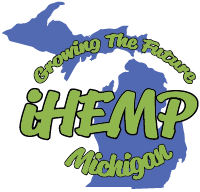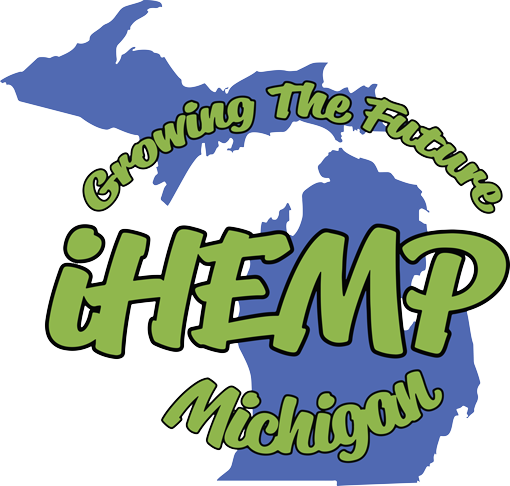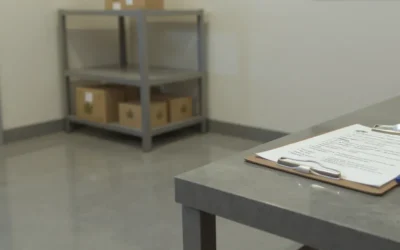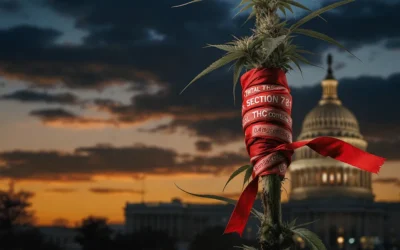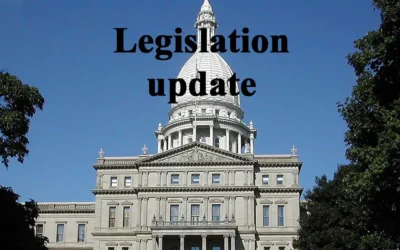Some recent news articles concerning the hemp processing move to the Marijuana Regulatory Agency (MRA), soon to be Cannabis Regulatory Agency on April 13, have disseminated some incorrect information. In addition, Michigan Department of Agriculture and Rural Development (MDARD) has received some consistent questions from the industry. As such, MDARD would like to clarify a few points. Please keep in mind this information is accurate as of April 5, 2022 under PA 547 of 2014, the Industrial Hemp Research and Development Act, as amended, and PA 220 of 2020, the Industrial Hemp Growers Act, as amended. Requirements will likely change as a result of the transition and growth of the industry.
- Grower Registration: Farmers can still grow hemp with an MDARD-issued Hemp Grower Registration and do not need a Hemp Processor-Handler license unless they are processing, handling, brokering, or marketing hemp and hemp products. “Growing” also includes selling harvested industrial hemp to processors licensed as hemp processor-handlers or medical marijuana processors, so a license is not needed for this specific type of sale. However, manufacturing or sale of intermediary, in-process, or finished hemp products including smokable flower does currently require a processor license (see next bullet).
- Marketing Hemp and Licensing: At this time, PA 547 does require retailers of any type of hemp products to hold a Hemp Processor-Handler license, at all levels of retail (distributors, end-user retailers, etc.), with the exception noted above for grower sales to processors. With the upcoming move of processing to MRA authority, MDARD suggests monitoring bills with the Legislature now regarding marketing and watching for announcements from MRA.
- Grower Registration Cycle: The Grower Registration cycle runs February 1 to January 31. There is no deadline to apply (some states have a limited window where growers can apply for registration). However, applicants that were registered in 2021 needed to submit renewal paperwork by January 31, 2022 to avoid a late fee.
- Release of Grower Contact Information: Growers that provided comments when the Act was written wanted their contact and location information kept private out of concern of theft of plants. As such, the grower law (PA 220) has a stipulation that the grower’s name, phone, and email will be released to other registered growers and licensed hemp processors or medical marijuana processors only, and only if the grower allows for that release by checking a box on the registration application. MDARD can ALWAYS confirm whether a registration is valid and can always provide information to law enforcement. In addition, our Ag Development Division works hard to assist individuals on a case-by-case basis with specific needs.
- Cultivation Data: MDARD released grower and processor information gleaned from surveys during the Ag Pilot Program for 2019 and 2020. 2021 was the first year the state operated under USDA’s Final Rule for hemp cultivation. A very brief online annual reporting form was sent to growers only in 2021, specifically requesting information required by USDA with respect to acreage or square footage planted, harvested, or disposed of, location (indoor or outdoor), and intended use. Between this report and the USDA National Agricultural Statistics Service (NASS) hemp survey, MDARD decided against asking the industry to complete another survey. Annual report information collected will be published soon on www.Michigan.gov/IndustrialHemp. NASS survey data can be obtained here.
- MDARD Geagley Lab Preharvest Sampling: Find information regarding total delta-9 THC percentage, CBD percentage, compliance, and variety for 2021 samples collected by MDARD here under the “201 THC Testing” heading.
- Hemp Across State Lines: USDA’s final rule specifically states (7 CFR § 990.63) that no state or tribe may prohibit transportation of hemp lawfully produced under a State or Tribal plan approved by USDA. The key is “lawfully produced,” meaning the hemp must be grown by a licensed producer (called grower registration in Michigan) and all applicable laws are followed.
- Licensing When Manufacturing Generally Recognized As Safe (GRAS) Food Ingredients: MRA announced in transition FAQs that hemp processors manufacturing (human) food containing GRAS hemp ingredients such as hulled hemp seed, hemp seed oil, and hemp protein powder, that do not contain other hemp or marijuana ingredients, will not require an MRA license to process. The processor does however have to comply with food rules and laws regulated by MDARD.
